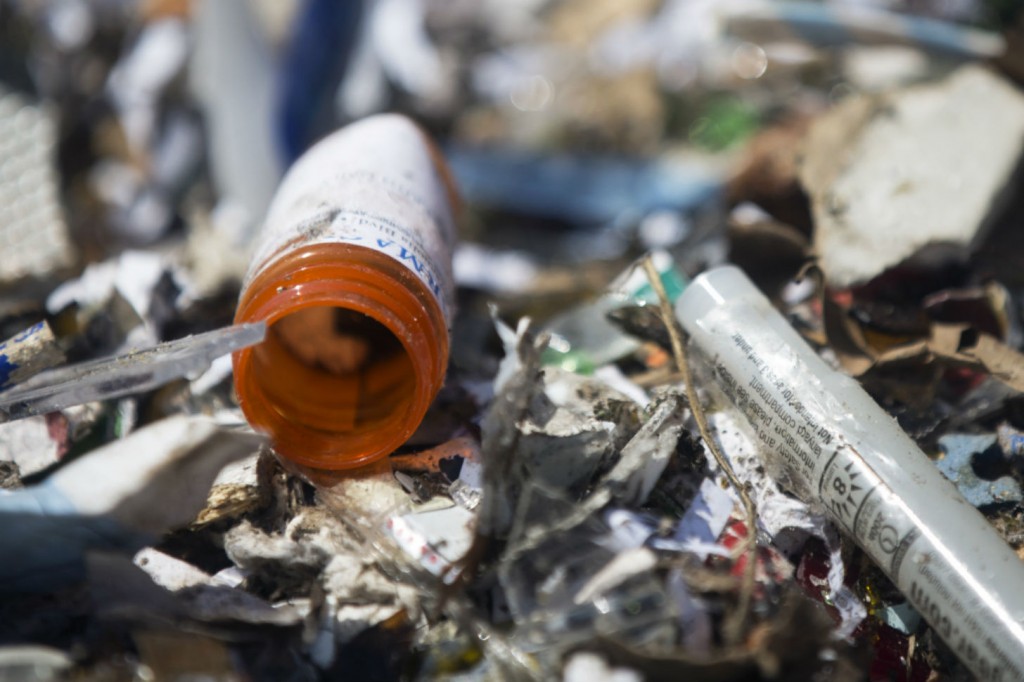Debate continues in California over proposed drug take-back ordinance
National Stewardship Action Council pushing for similar to system to that used in Canada

An oft-postponed prescription drug and needle take-back proposal is once again up for consideration by the Los Angeles County Board of Supervisors. The proposed drug take-back measure would require pharmaceutical companies to design and pay for the collection and disposal of unused drugs, needles, lancets and other medical "sharps." The proposed ordinance, sponsored by Supervisor Michael Antonovich, is under heavy fire from drug manufacturers. Amidst the lobbying, the board has postponed four previous votes on the measure. Drug makers are urging the supervisors to adopt an industry-funded "education and outreach campaign" in lieu of Antonovich's proposal.
In a memo to the board Friday, June 10, industry trade groups wrote that their plan would work by educating county residents about the importance of disposal; by providing information about existing take-back locations and by offering local law enforcement grants to expand existing drug take-back events.
"If the Board chooses to move forward with the proposed ordinance as written, then the trade associations would rescind their voluntary proposal and the county would instead have to deal directly with thousands of manufacturers across the globe,” the memo says.
The National Stewardship Action Council, which supports the proposed take-back ordinance, considers the industry offer a strong-arm tactic that would do nothing to solve the environmental and health problems associated with improper disposal, says Heidi Sanborn, the Council's executive director. "They're investing in fighting and scare tactics instead of actually discussing policy," she says.
Since the manufacturers involved would have a little more than a year to implement the program if the board approves the ordinance, supervisors last month approved Antonovich's motion to set up a county-industry working group to come up with suggestions for interim disposal steps.
"The supervisor is very interested in having as immediate an impact as possible," says Fred Leaf, Antonovich's health deputy.
County Chief Executive Officer Sachi Hamai is recommending that the board require an outreach campaign and quarterly take-back events until the full program is underway.
Five Northern California counties have ordinances that require drug makers to pay for the collection and disposal of unused medicines; one in Santa Cruz is the first in the nation to include medical sharps. Sanborn and other supporters of the proposed ordinance want the prescription drug and sharps industries to propose a program similar to one in Canada.
"Canada has a pharmaceutical collection program that the industry has funded and designed and operated for over 15 years," Sanborn says. "It's highly effective ... and it's simple and easy to use."

